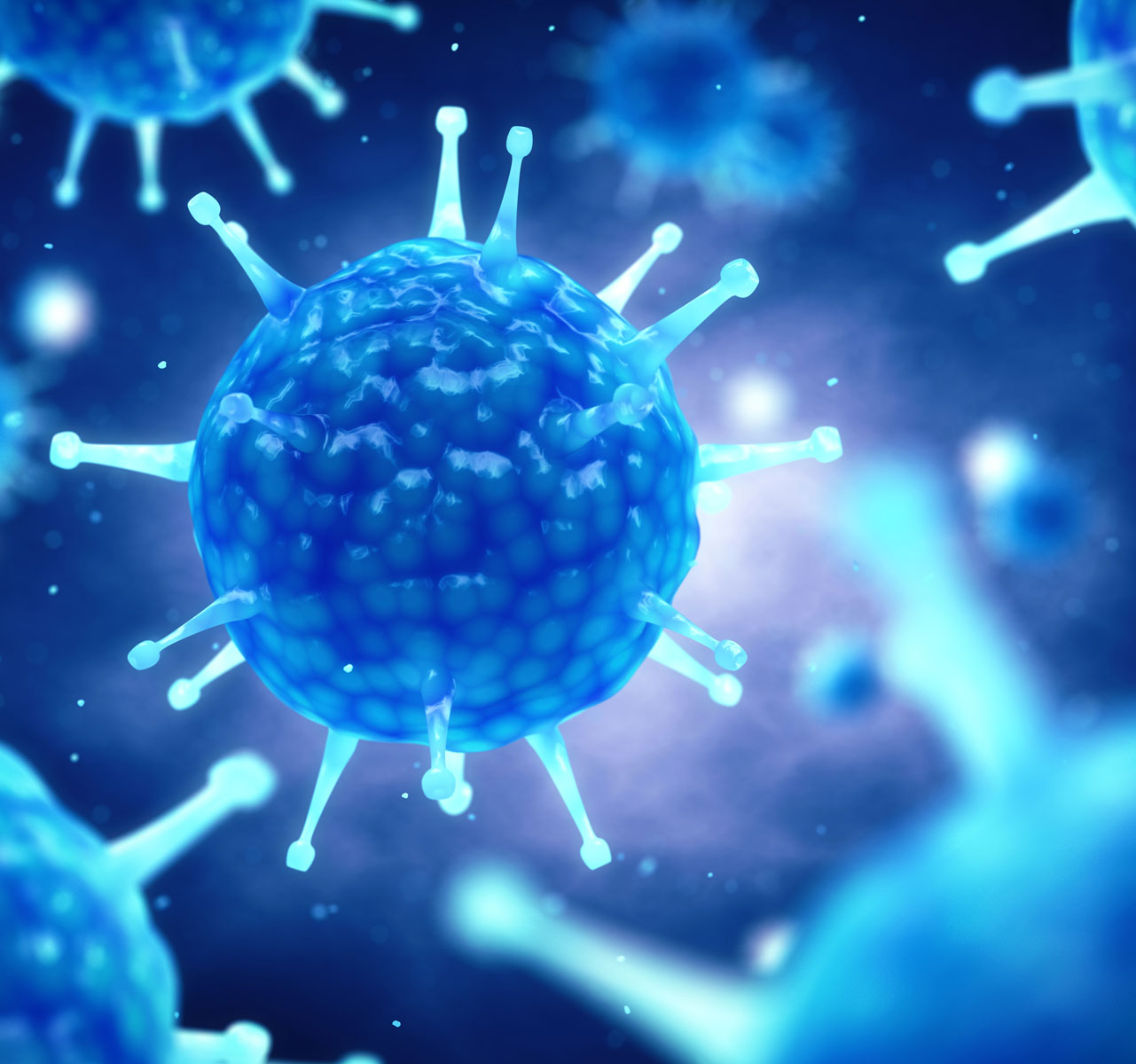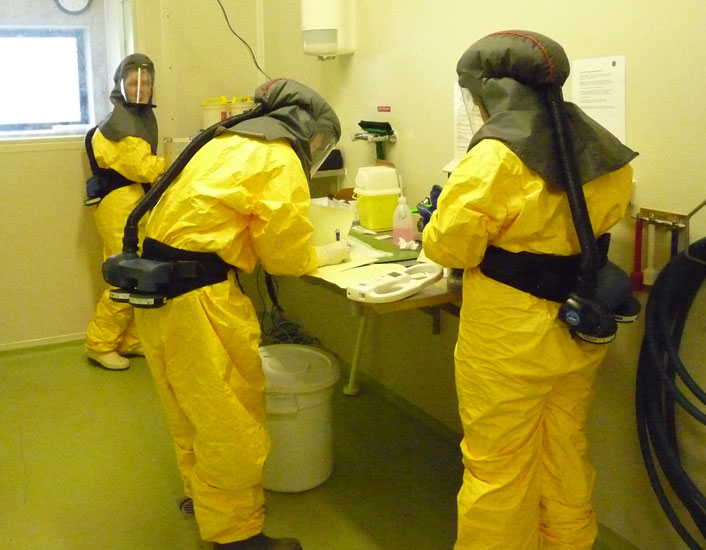Good vaccines and medicines, that is the aim of our research, also against corona

More information on:
- Pandemic preparedness
- All of our research areas
- Covid-19 animal research worldwide (EARA)
- Our latest news
Video about:
-
(English subs available)
The Biomedical Primate Research Centre (BPRC) is a scientific research institute that conducts biomedical research on serious diseases. Since March 2020, we also have been busy testing vaccines and medicines against corona. Little is known about SARS-CoV-2, the virus that causes the lung disease COVID-19. BPRC uses its expertise and monkeys to change that.
Monkeys, like humans, are permissive to SARS-CoV-2. BPRC has permission from the Competent Authority to conduct experimental infections to test vaccines and new drugs. How does that work? Monkeys go under anesthesia and are then exposed to the virus under controlled conditions. Unlike in humans, we therefore know exactly when, with which specific strain of the virus and with how much virus, the monkey is infected. After that, the animals are anesthetized every day for a smear from the mouth and a blood sample. The samples then go to our own laboratory for research. In this way, we map out how the virus behaves in the body and how the immune system reacts to the virus.
Safety precautions
We take strict precautions to prevent the virus from spreading. For example, the rooms where the animals are housed are under under-pressure, so that virus particles cannot escape from the room. Animal caretakers and lab technicians protect themselves with protective clothing. No ordinary mouth masks, but with a kind of moon suits. They breathe in a mask where clean air flows in, which is filtered by a motor with established HEPA filters. Everyone has their own mask and filter unit, which is hung on a belt around the stomach.

Only together
You don't just make a new vaccine or medicine. Having several vaccines available within a year is a fantastic achievement. Experts from all over the world contributed to this and are currently still developing new vaccines and medicines. In order to waste as little time as possible, (international) scientific collaborations were set up in a short period of time in 2020 between research groups with different expertise. One of the functions of BPRC in these collaborations is to evaluate new experimental agents and further unravel SARS-CoV-2 disease processes. One of the vaccine candidates we tested was approved by the European Medicines Agency (EMA) in March 2021. We are currently investigating or returning multiple vaccine candidates and / or therapies based on the results for data analysis and publication.
The European Animal Research Association (EARA) made an interactive world map showing which institutes are engaged in research on COVID-19.
Want to stay informed?
Our blog page brings the latest news and information about our research on COVID-19, and about our other research areas as well.
Publications
Schilp CM et al. A Comparative Study of Chest CT With Lung Ultrasound After SARS-CoV-2 Infection in the Assessment of Pulmonary Lesions in Rhesus Monkeys (Macaca mulatta). Front Vet Sci. 2021 Oct 29;8:748635. doi: 10.3389/fvets.2021.748635.
Lorena Sanchez-Felipe et al. A single-dose live-attenuated YF17D-vectored SARS-CoV-2 vaccine candidate. 2021, Nature 590:320-325. doi 10.1038/s41586-020-3035-9
Natasja G. de Groot et al. COVID-19 pandemic: is a gender-defined dosage effect responsible for the high mortality rate among males? 2020 Immunogenetics 72:275–277 doi: 10.1007/s00251-020-01165-7
Barry Rockx et al. Comparative pathogenesis of COVID-19, MERS, and SARS in a nonhuman primate model. 2020, Science 368:1012-1015. doi: 10.1126/science.abb7314
Lisa Genzel et al. How the COVID-19 pandemic highlights the necessity of animal research. 2020, Curr Biol 30:R1014-R1018. doi: 10.1016/j.cub.2020.08.030
Kinga P. Böszörményi et al. Comparison of SARS-CoV-2 infection in two non-human primate species: rhesus and cynomolgus macaques. bioRxiv 2020, https://doi.org/10.1101/2020.11.05.369413
Annemiek Maaskant et al. Bronchoalveolar lavage affects thorax computed tomography of healthy and SARS-CoV-2 infected rhesus macaques (Macaca mulatta). bioRxiv 2021, https://doi.org/10.1101/2021.02.04.429761
Ingrid Philippens et al. SARS-CoV-2 causes brain inflammation and induces Lewy body formation in macaques. 2021. Submitted for publication

